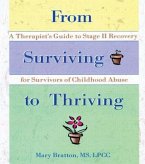
Gebundenes Buch
A Therapist's Guide to Stage II Recovery for Survivors of Childhood Abuse
13. November 1998
Taylor & Francis
| Broschiertes Buch | 78,99 € | |
| eBook, ePUB | 51,95 € | |
| eBook, PDF | 50,95 € |
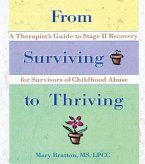
Broschiertes Buch
A Therapist's Guide to Stage II Recovery for Survivors of Childhood Abuse
12. November 1998
Routledge
Ähnliche Artikel
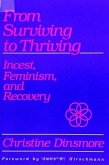
Gebundenes Buch
Incest, Feminism, and Recovery
3. Juli 1991
Global Academic Publishing
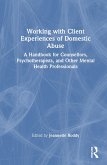
Gebundenes Buch
A Handbook for Counsellors, Psychotherapists, and Other Mental Health Professionals
30. Juni 2023
Taylor & Francis
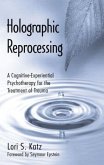
Gebundenes Buch
A Cognitive-Experiential Psychotherapy for the Treatment of Trauma
29. März 2005
Taylor & Francis
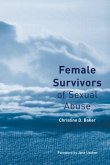
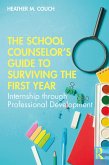
Gebundenes Buch
Internship through Professional Development
9. Dezember 2019
Taylor & Francis Ltd (Sales)
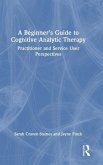
Gebundenes Buch
Practitioner and Service User Perspectives
9. Juli 2024
Routledge / Taylor & Francis

Gebundenes Buch
Starting Over After an Abusive Relationship
3rd edition
14. Juni 2018
Taylor & Francis

Gebundenes Buch
Treatment for Sexual Abuse, Assault, and Trauma
8. August 2017
Taylor & Francis
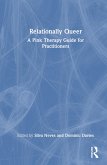
Gebundenes Buch
A Pink Therapy Guide for Practitioners
10. April 2023
Taylor & Francis

Gebundenes Buch
An Erotic Relationship: Transference and Countertransference Passions
16. Dezember 2021
Taylor & Francis
Ähnlichkeitssuche: Fact®Finder von OMIKRON
